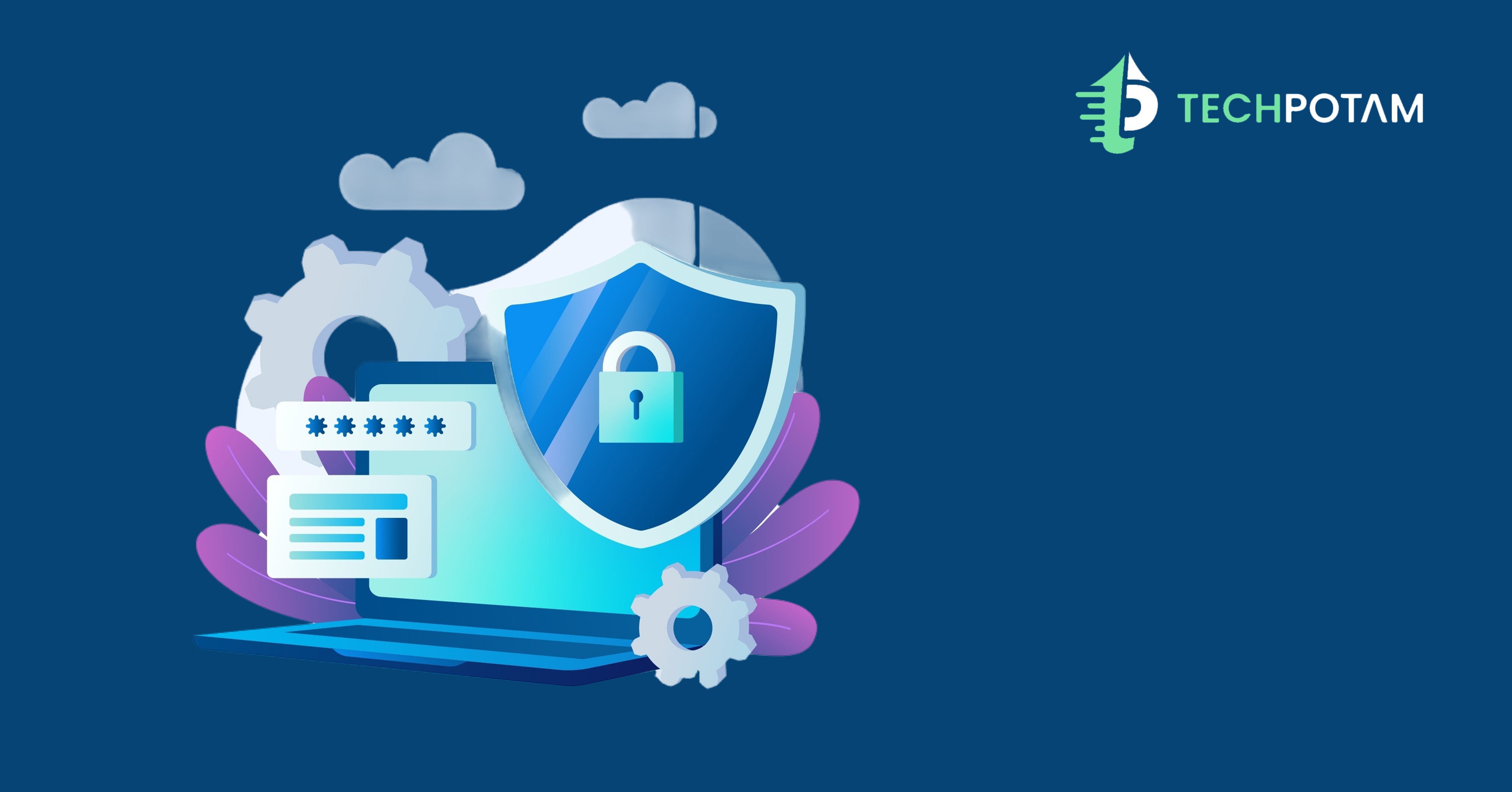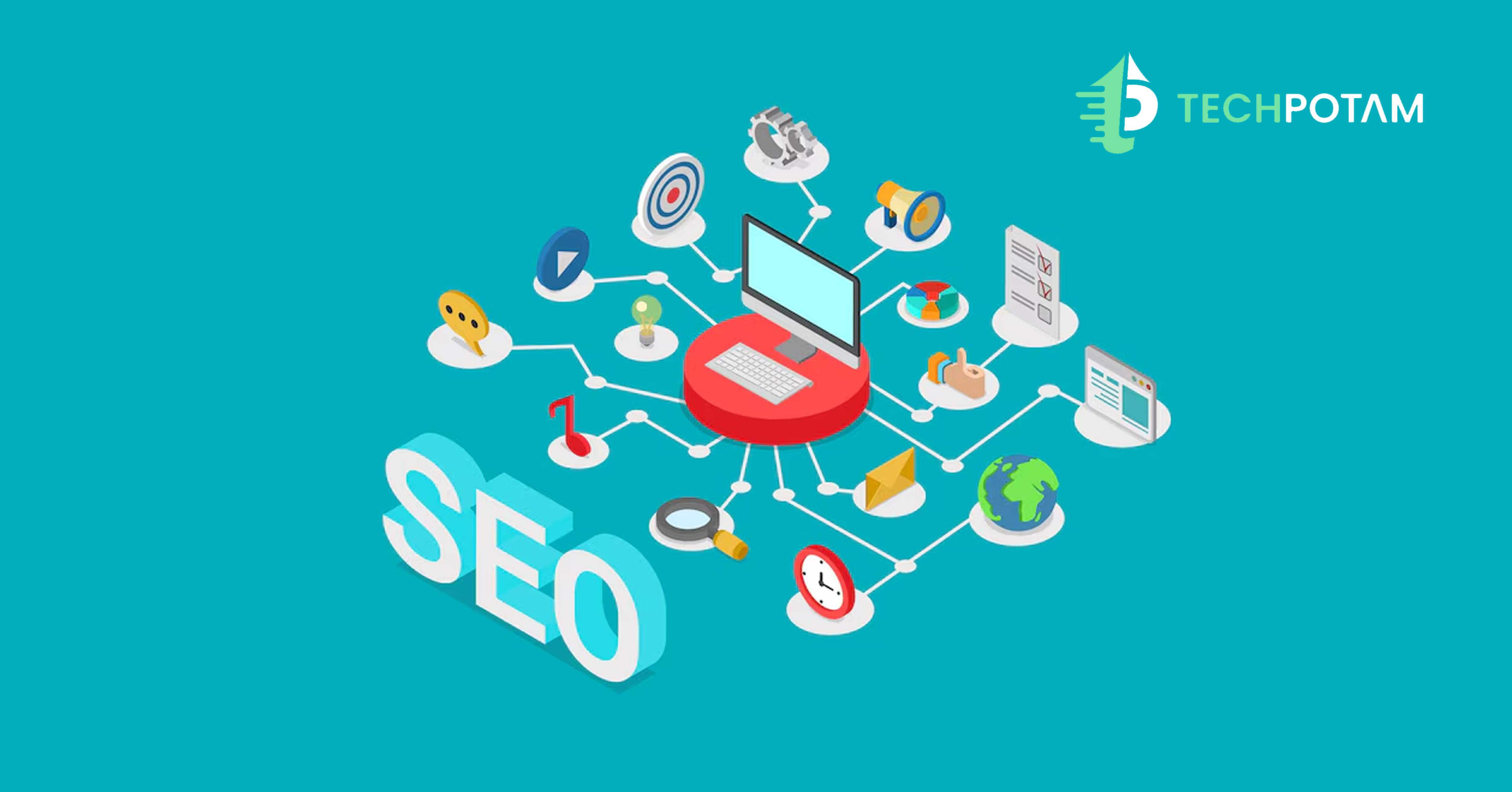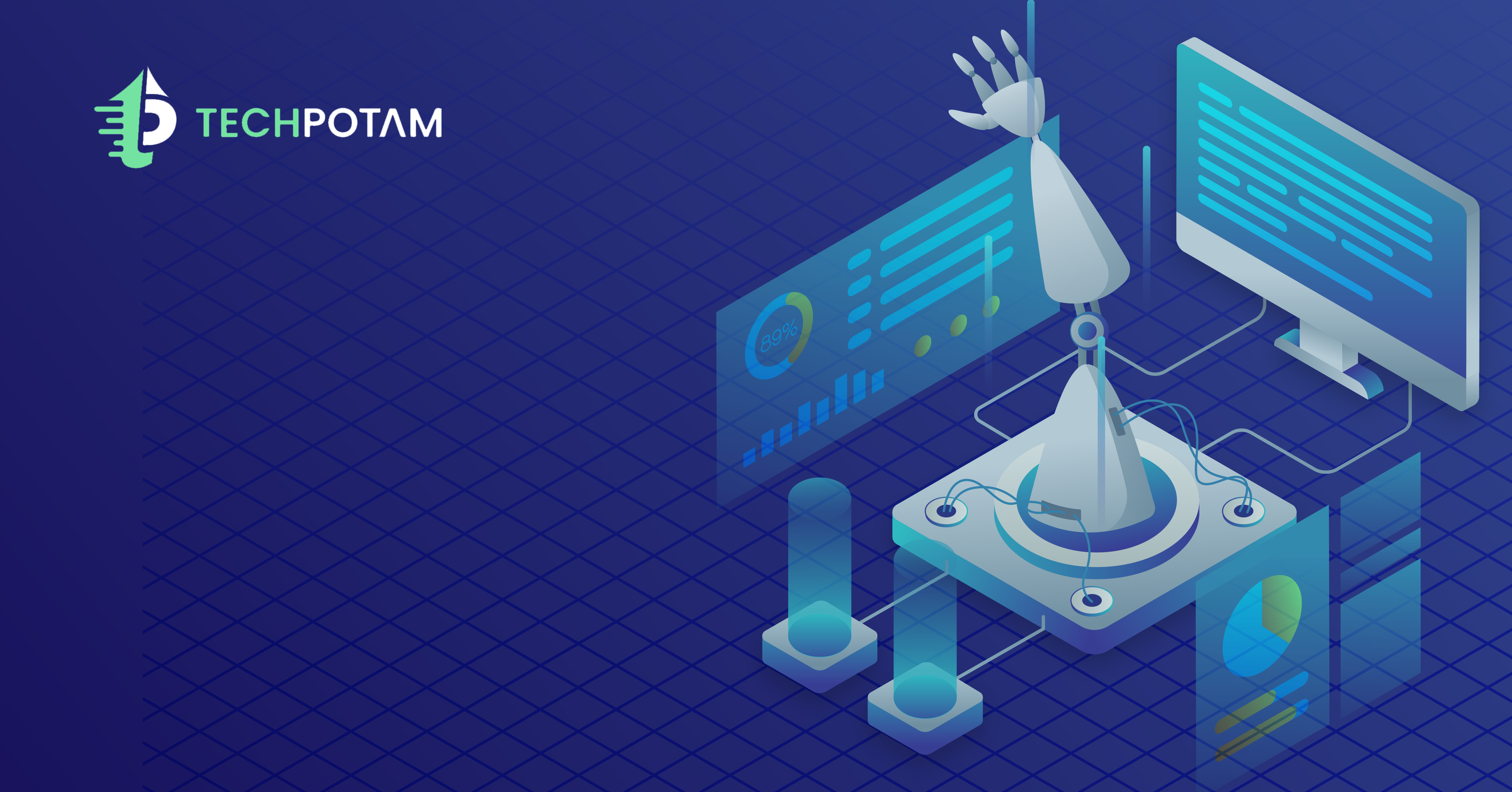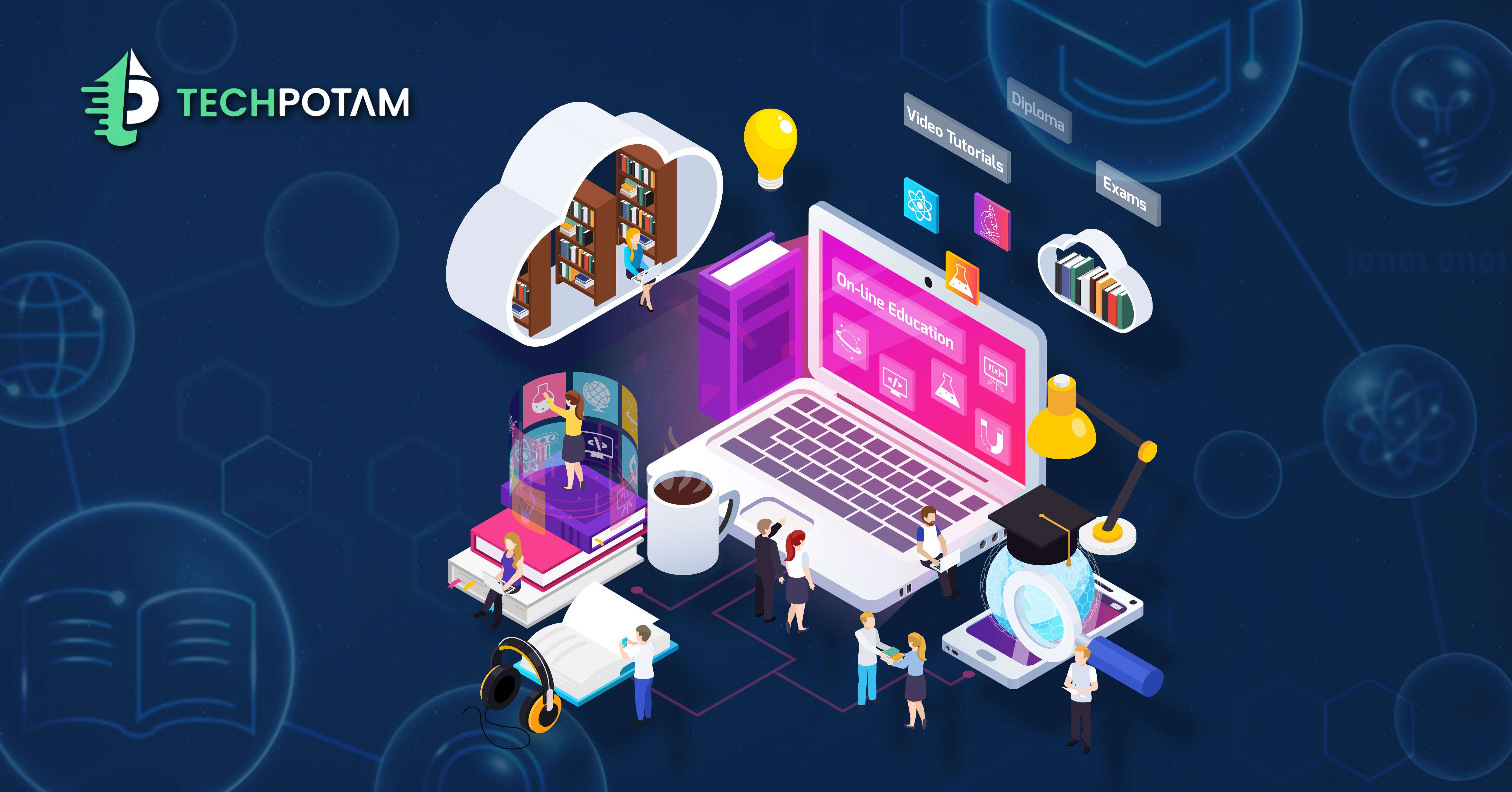EdTech for the Contemporary Scholar: Tailored Software Trends in Educational Technology In the rapidly advancing digital era, the realm of education has undergone a profound metamorphosis. With “Custom Software in EdTech” leading the charge, the conventional classroom paradigm is undergoing a transformation, yielding to dynamic and adaptable educational arenas. Within this discourse, we, as authorities in the educational technology domain, shall delve into the nascent trends of custom software that are fundamentally molding the trajectory of modern learning in EdTech.
The Progression of Educational Technology
Education has traversed a considerable distance from the days of chalk and blackboards. With the advent of the internet and sophisticated software solutions, the process of acquiring knowledge has become increasingly individualized, captivating, and efficient. Bespoke software stands at the vanguard of this paradigm shift, catering to the requisites of contemporary scholars and educators.
Adaptable Learning Platforms
Among the most pivotal trends in EdTech, the ascent of adaptable learning platforms takes precedence. These platforms harness the capabilities of artificial intelligence and machine learning algorithms to tailor learning experiences to each individual student. By meticulously scrutinizing a student’s competencies and inadequacies, adaptive software can furnish bespoke lessons, practice exercises, and evaluations, ultimately elevating the educational voyage.
Customized Content Dispensation
Adaptive learning platforms excel in dispensing content that is tailored to the unique attributes of each learner. They can dynamically regulate the complexity of assignments and quizzes based on an individual student’s performance, thereby ensuring that learners neither grapple with excessive difficulty nor grumble of monotony. This dynamic adjustment perpetually sustains student engagement and motivation during their educational odyssey.
Gamification and Edutainment
Learning should be an enjoyable and immersive endeavor, and this is precisely where gamification and edutainment assume significance. Educational software is progressively infusing elements of gamification to render the learning experience delightful. Gamified applications and platforms leverage incentives, challenges, and competitive elements to galvanize students into active participation in their own education.
Augmenting Motivation
Gamification taps into our intrinsic aspiration for accomplishment, nurturing a healthy spirit of competition and motivation among students. Through the acquisition of badges, progression through levels, or competition with peers, students are substantially more inclined to sustain their dedication to their studies.
Virtual Reality (VR) and Augmented Reality (AR)
The incorporation of virtual reality and augmented reality into the realm of educational technology signifies a monumental breakthrough. These immersive technologies transport students into virtual realms where they can explore history, science, and assorted subjects in a far more immersive and interactive fashion.
Experiential Learning
VR and AR usher in hands-on learning encounters that were hitherto inconceivable. For instance, students can embark on virtual tours of ancient Rome, dissect digital representations of frogs, or embark on a journey through the intricacies of the human anatomy from an internal perspective. This immersive pedagogical approach substantially heightens the comprehension and retention of intricate concepts.
Data-Driven Decision Making
Data analytics emerges as another pivotal trend in educational technology. Custom software solutions are amassing voluminous data concerning student performance, engagement levels, and behavioral patterns. This trove of data subsequently undergoes meticulous analysis to yield actionable insights for educators and educational institutions.
Personalized Feedback
With the aid of data-driven insights, educators can impart timely and tailored feedback to their students. They can discern areas in which a student may be grappling and provide precise, targeted assistance, thus ensuring that no learner is left adrift in their educational journey.
Accessibility and Inclusivity
Inclusive education stands as a fundamental tenet, and bespoke software in the realm of EdTech is playing a pivotal role in rendering education accessible to all. Customized software has the capacity to accommodate diverse learning styles, disabilities, and language preferences, thereby guaranteeing that no student is marginalized.
Assistive Technologies
Bespoke software can seamlessly integrate assistive technologies such as screen readers, speech recognition, and text-to-speech functionalities. These features empower students with disabilities to engage fully in the educational process.
Industry wise web & app development services
More Digital Transformation Services Offered by Techpotam
| Web Development Services | Mobile App Development Services |
| UI/UX designing Services | Digital Transformation Services |
Are you looking to hire dedicated developers for your project, no more looking further
| Hire Dedicated Developers | Hire Frontend Developers |
| Hire Backend Developers | Hire Fullstack Developers |
| Hire Mean Stack Developers | Hire Mern Stack Developers |
| Hire Nodejs Developers | Hire Reactjs Developers |
Conclusion
In the ceaselessly evolving landscape of educational technology, Custom Software in EdTech stands as the driving force behind innovation. Adaptive learning platforms, gamification, the integration of virtual and augmented reality, data-driven decision-making, and enhancements in accessibility all stand as trends powered and redefined by custom software.
As authorities in this domain, we understand the vital role of Custom Software in EdTech. Education today is no longer confined to the four walls of a classroom; it unfolds as a dynamic and immersive journey, facilitated by cutting-edge bespoke software solutions that cater to the contemporary scholar.










